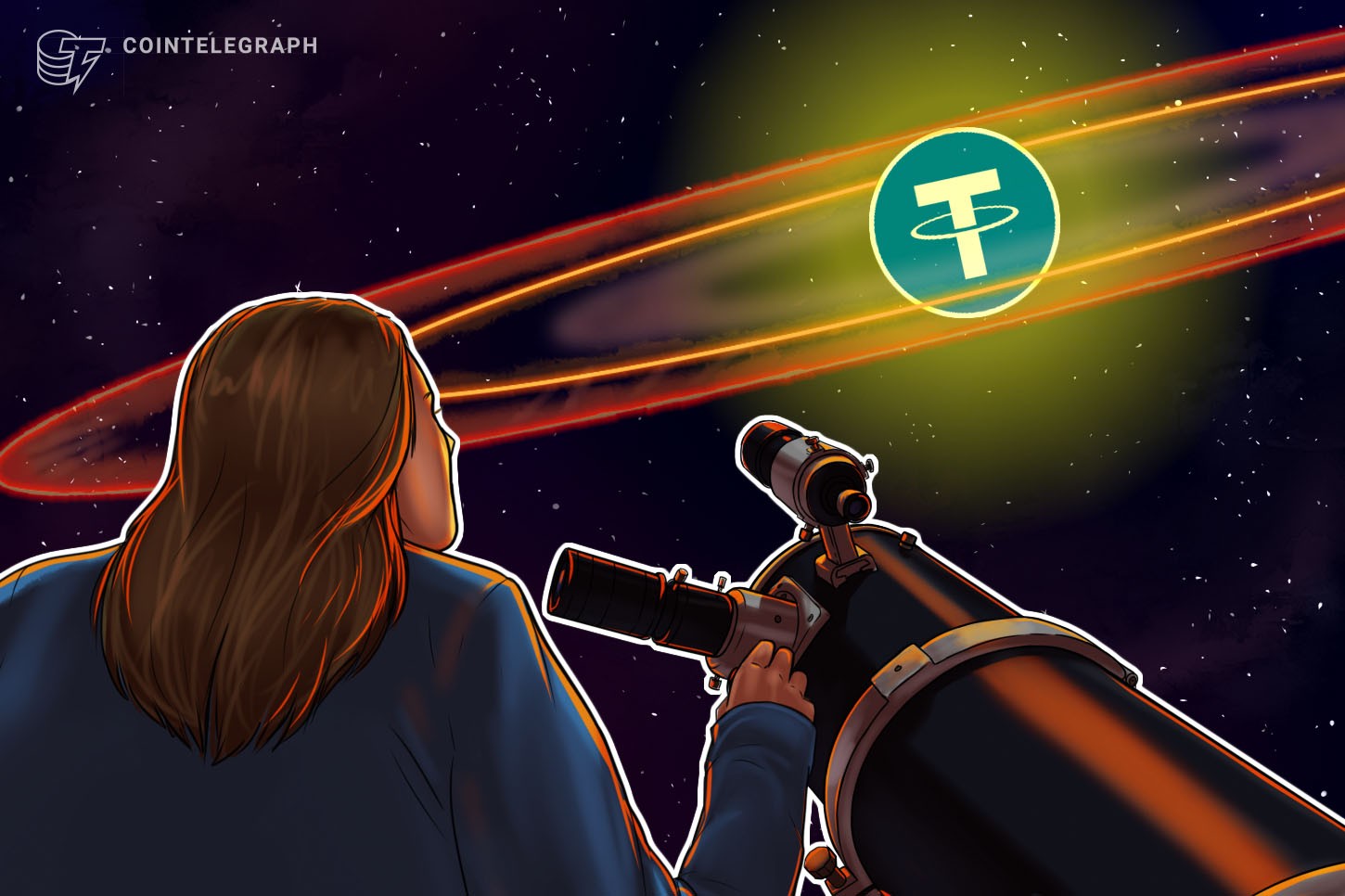There will be an official audit of the world’s most popular stablecoin, Tether (USDT), within months, according to the project’s general counsel.
An audit for the world’s third-largest digital asset has been awaited for several years, and increased regulatory pressure appears to have accelerated the process.
In a rare mainstream media interview on CNBC, Tether chief technology officer Paolo Ardoino and general counsel Stuart Hoegner were asked some pressing questions on the subject of USDT’s backing and transparency.
Hoegner responded to the question by saying:
“We are working towards getting financial audits, which no one else in the stablecoin sector has done yet.”
Hoegner added that the firm hopes to be the first to do so and that audits will be coming in “months, not years.” He stated that Tether is backed one-to-one with its reserves but admitted that those reserves were not all United States dollars. According to Hoegner, Tether’s reserves are heavily dollar-weighted but also include cash equivalents, bonds, secured loans, crypto assets and other investments.
The current market capitalization of USDT is $62 billion, according to Tether’s transparency report. It has grown by 195% since the beginning of the year but has lagged behind rivals USD Coin (USDC) and Binance USD (BUSD) in terms of growth.
Related: Coin Metrics co-founder takes aim at WSJ's Tether FUD
Circle released its own reserves disclosure report on Wednesday, revealing that 61% of USDC’s reserves were held in cash and cash equivalents, with the rest in commercial paper accounts, treasuries and bonds.
Paxos takes a swipe
In a related development, rival stablecoin company Paxos took a swipe at both Tether and Circle in a Wednesday blog post, claiming that they are “not comprehensively overseen by any financial regulators.”
“Neither USDC nor Tether is a regulated digital asset, for the simple reason that neither token has a regulator. In fact, neither USDC nor Tether tokens are ‘stablecoins’ in anything other than name.”
Paxos revealed that 96% of its own stablecoin reserves are cash or cash equivalents.
Tether revealed a breakdown of its USDT backing for the first time in May, following increased scrutiny from U.S. lawmakers. The firm has been submitting periodic reports regarding its reserves since reaching a settlement with the New York Attorney General’s Office in February.


